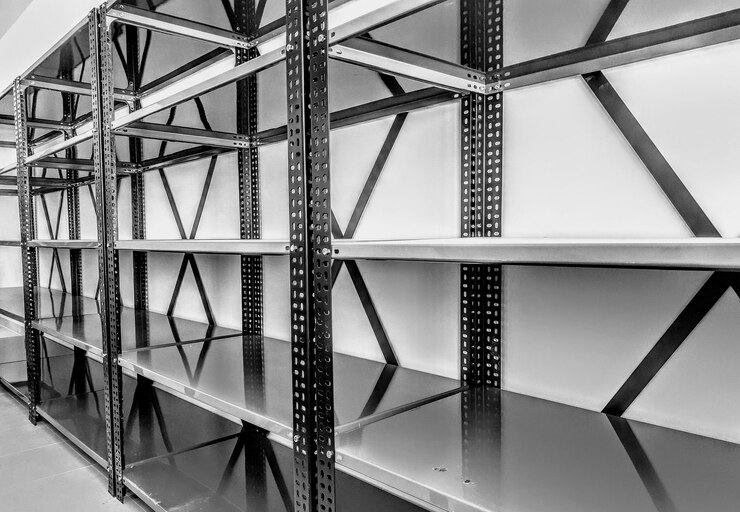Frame Supported Mezzanine

A frame-supported mezzanine is a type of elevated platform or floor system that is supported by a structural steel frame rather than individual columns. This frame, typically made from steel or other durable materials, is designed to support the mezzanine deck, which can be used for a variety of purposes, such as additional storage, office space, or production areas. The frame design allows for greater flexibility in the layout of the space underneath, as it may not require as many support columns, making the area below the mezzanine more open and accessible.
The frame-supported mezzanine system typically consists of:
- Steel Framework: The primary support structure that includes beams, posts, and horizontal girders.
- Decking: The platform or floor of the mezzanine, which can be constructed from materials such as plywood, steel, or concrete, depending on the intended load and usage.
- Support Columns: Vertical columns that are integrated into the frame to bear the load of the mezzanine.
Advantages of frame-supported mezzanines include:
- Space Efficiency: Like other mezzanine systems, they allow businesses to utilize vertical space, creating additional storage or operational areas without expanding the building's footprint.
- Reduced Obstruction: The frame structure can reduce the number of support columns, providing an open and unobstructed area underneath the mezzanine, which is especially useful for large machinery or high-traffic areas.
- Versatility: These mezzanines are highly customizable, making them suitable for a wide range of industries, including warehouses, factories, offices, or retail spaces.
- Cost-Effective Expansion: A frame-supported mezzanine can be more economical than constructing an entirely new building or leasing additional space, offering a quick and flexible solution for space expansion.
Overall, frame-supported mezzanines provide an efficient way to expand the usable area in a facility while maintaining flexibility in design and reducing structural clutter.